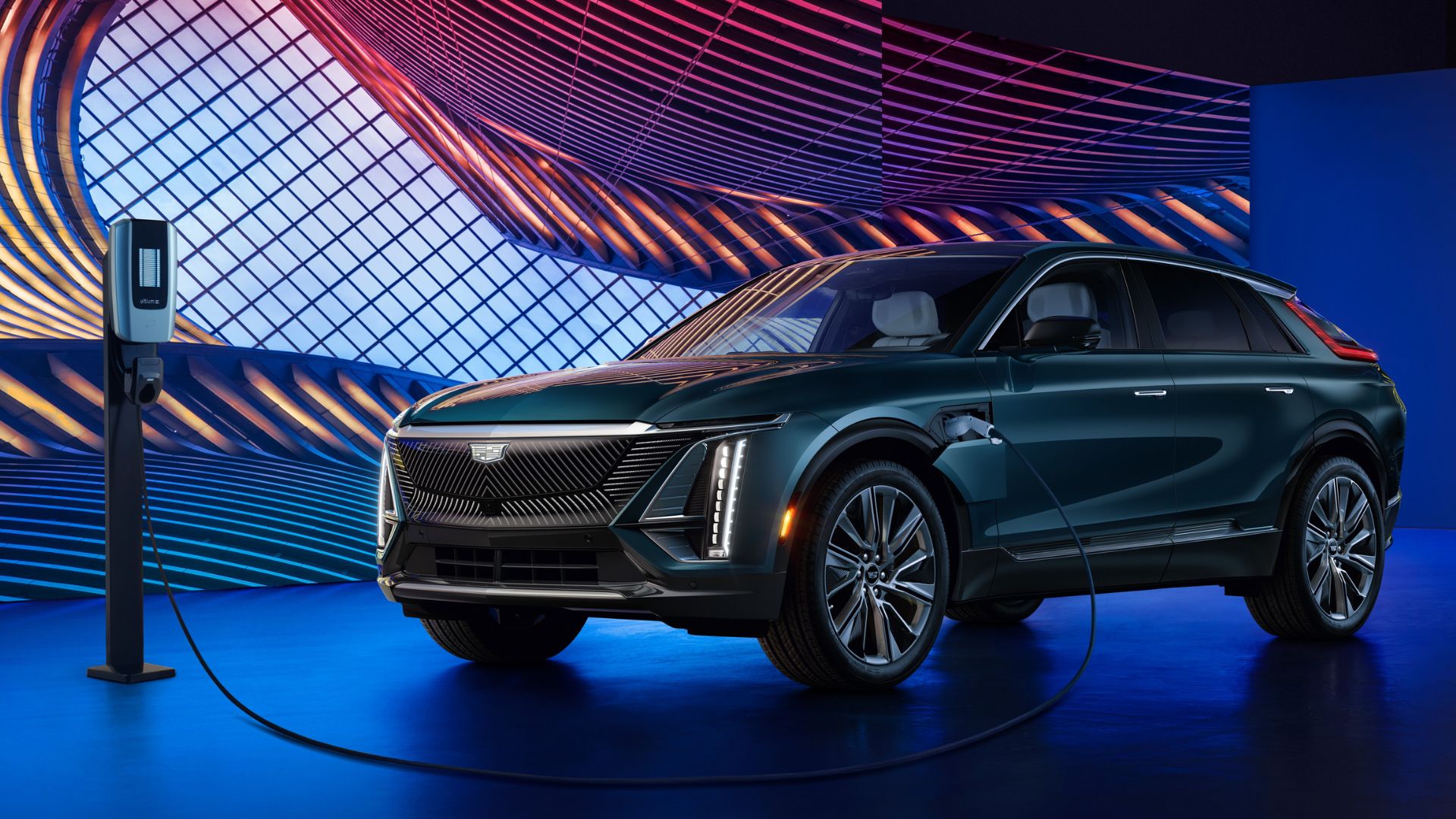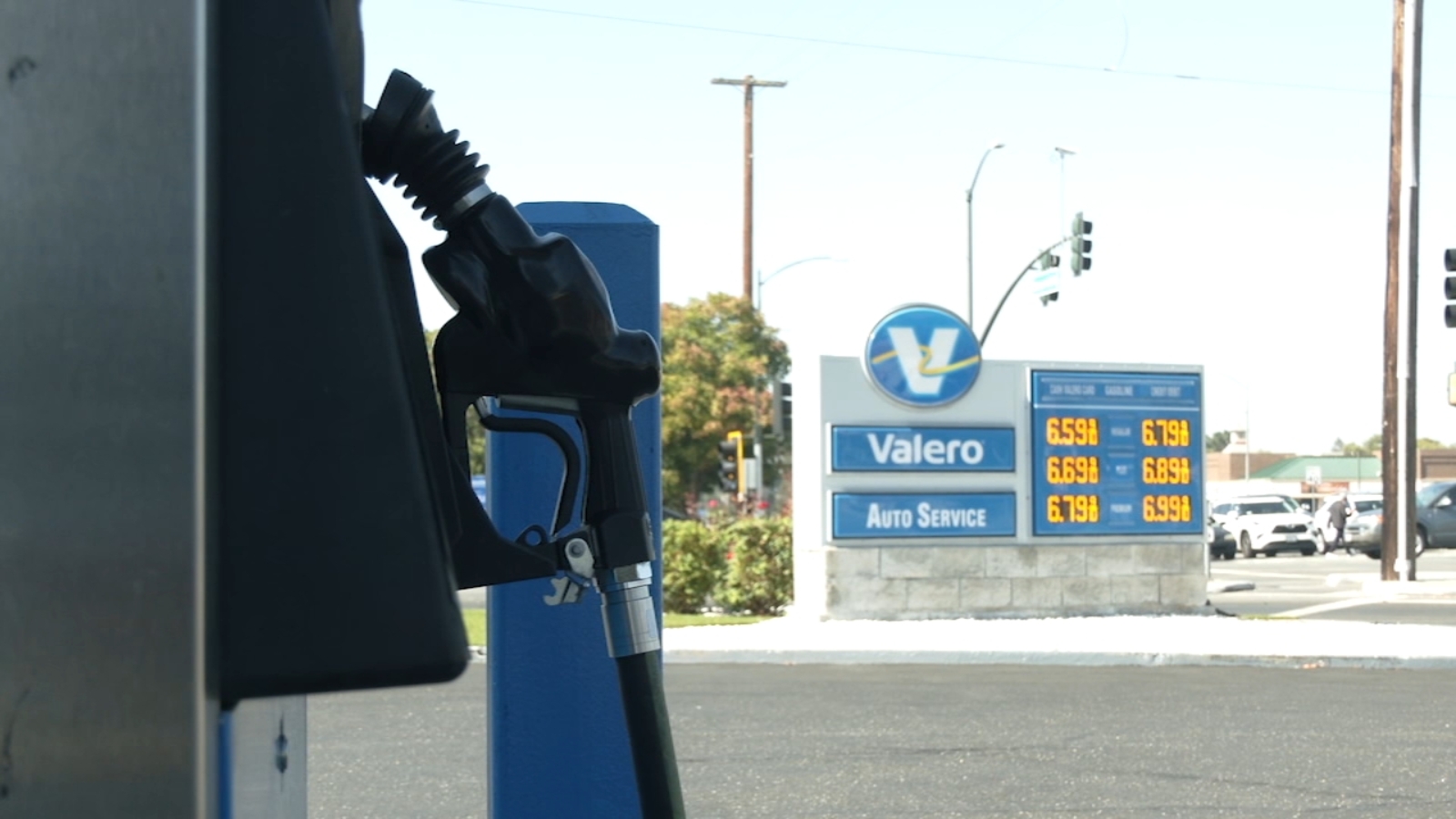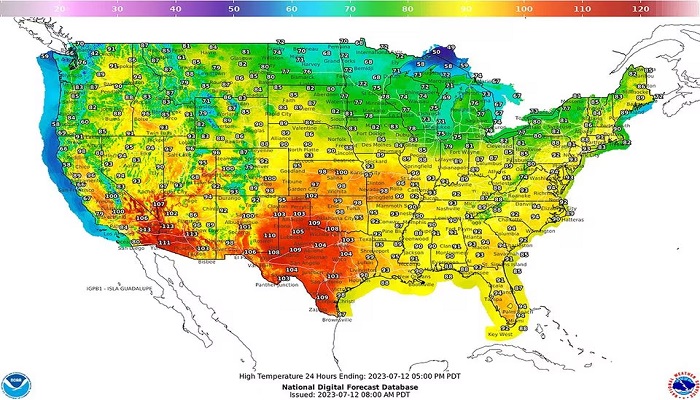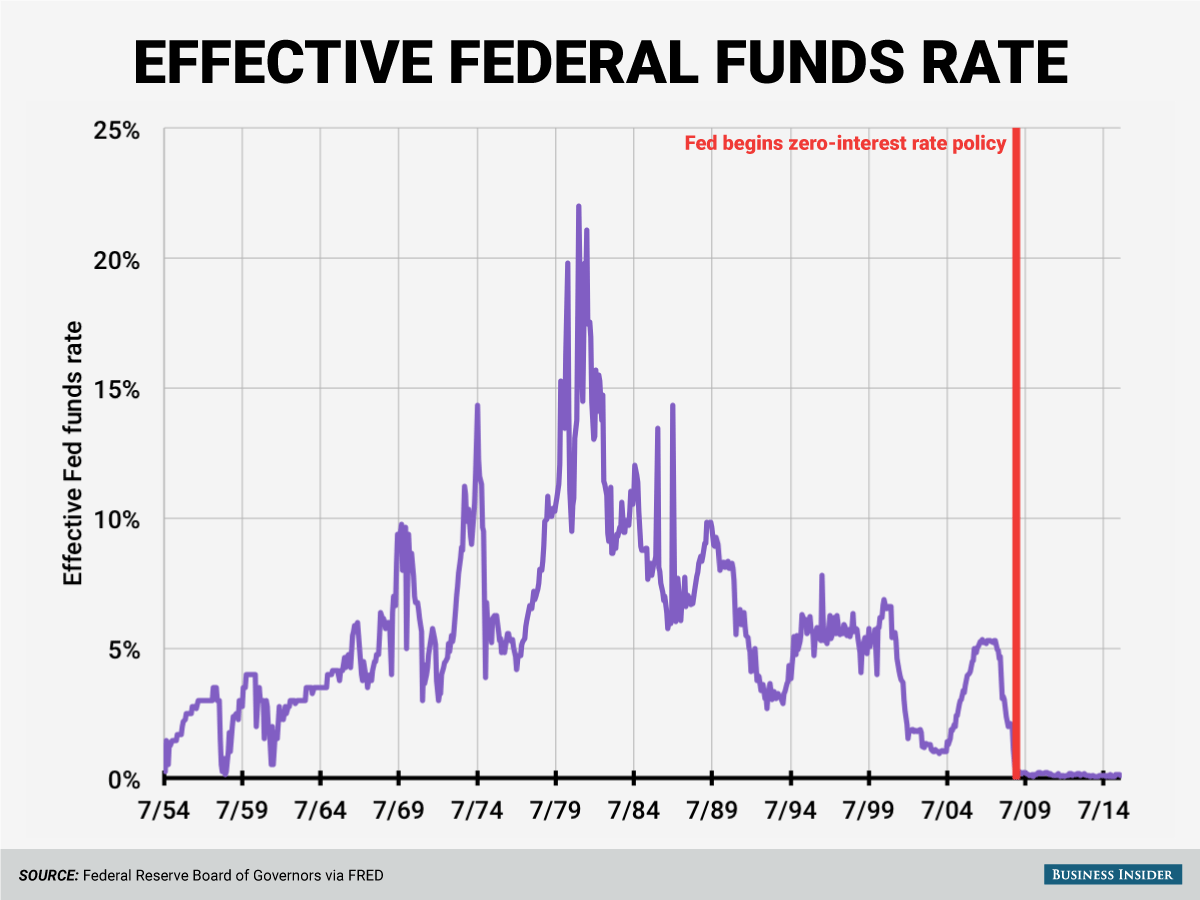Auto Dealers Renew Fight Against EV Sales Requirements

Table of Contents
Financial Concerns Fueling Dealer Opposition
The core of the auto dealers' opposition to mandated EV sales lies in significant financial concerns. These concerns impact their bottom line and threaten the viability of their businesses in the face of rapid technological shifts.
High Upfront Investment Costs
Dealers cite the substantial investment needed to adapt their infrastructure for EV sales as a major hurdle. This isn't simply about selling a different type of car; it requires significant capital expenditure.
- Cost of installing Level 2 and DC fast chargers: Installing charging stations, particularly DC fast chargers, represents a considerable upfront cost, requiring specialized electrical work and potentially significant upgrades to existing infrastructure. The return on investment is uncertain given current EV sales volumes.
- Training expenses for sales staff on EV technology and features: Sales personnel need specialized training to effectively sell and advise customers on EVs, their features, charging options, and government incentives. This training requires both time and financial resources.
- Higher inventory carrying costs due to lower EV sales compared to ICE vehicles: Currently, EV sales lag behind those of internal combustion engine (ICE) vehicles. This means dealers face higher inventory carrying costs for EVs, tying up capital that could be used elsewhere in the business. The risk of unsold inventory is a significant concern.
Uncertainty Surrounding EV Market Demand
Dealers are also apprehensive about the fluctuating demand for EVs and the potential for market instability. This uncertainty adds to the financial risk associated with transitioning to EV sales.
- Concerns about consumer adoption rates in specific regions: EV adoption varies significantly by region, influenced by factors like charging infrastructure availability, electricity prices, and consumer preferences. Dealers in areas with lower adoption rates face higher risks.
- Uncertainty regarding future government incentives and subsidies: Government incentives play a significant role in driving EV adoption. Changes in these policies could dramatically affect market demand, leaving dealers vulnerable to shifts in consumer behavior.
- Potential for technological obsolescence: The rapid pace of technological advancements in the EV sector creates a risk of inventory obsolescence. Dealers must carefully manage their inventory to avoid being left with unsold vehicles that quickly become outdated.
Reduced Profit Margins on EVs
Another key argument raised by dealers is that current profit margins on EVs are lower compared to traditional ICE vehicles. This directly affects their profitability and ability to invest in necessary infrastructure upgrades.
- Comparison of profit margins between EV and ICE vehicle sales: Studies comparing profit margins show a noticeable difference, with EV sales often yielding lower returns. This disparity contributes to dealer reluctance to embrace EVs fully.
- Discussion on the impact of increased competition in the EV market: The EV market is becoming increasingly competitive, with both established and new manufacturers vying for market share. This increased competition puts downward pressure on prices, further impacting profit margins for dealers.
- Analysis of the role of manufacturer pricing strategies: Manufacturer pricing strategies also play a significant role in determining dealer profitability. Aggressive pricing strategies aimed at increasing market share can squeeze dealer margins.
Logistical Challenges and Infrastructure Gaps
Beyond financial concerns, auto dealers point to significant logistical challenges and infrastructure gaps that hinder the widespread adoption of EVs.
Lack of Adequate Charging Infrastructure
The lack of a robust and reliable public charging infrastructure is a major obstacle to EV adoption and a key concern for dealers.
- Geographic disparities in charging station availability: Charging infrastructure is unevenly distributed, with significant disparities between urban and rural areas. This uneven distribution limits the practicality of EV ownership for many consumers.
- Reliability and speed of existing charging networks: The reliability and speed of existing charging networks are also concerns. Malfunctioning chargers, long wait times, and inconsistent charging speeds can deter potential EV buyers.
- Need for government investment in nationwide charging infrastructure: Dealers emphasize the need for significant government investment to build a nationwide charging network capable of supporting widespread EV adoption.
Challenges in EV Servicing and Repair
Servicing and repairing EVs presents unique challenges that require specialized training and equipment.
- Specialized tools and training needed for high-voltage systems: Working on high-voltage systems requires specialized tools and extensive training to ensure the safety of technicians. The cost of obtaining this specialized equipment and training is a significant burden for dealers.
- Lack of experienced EV technicians: There is a current shortage of experienced EV technicians, making it difficult for dealers to provide timely and efficient service and repair for EVs.
- Higher repair costs compared to ICE vehicles: Repairing EVs can be more expensive than repairing ICE vehicles due to the complexity of the technology and the specialized parts required.
Political and Regulatory Arguments Against EV Sales Requirements
Dealers also raise political and regulatory arguments against mandatory EV sales requirements.
Government Overreach and Market Distortion
A key argument is that government mandates distort the free market and stifle consumer choice.
- Arguments against government intervention in the automotive market: Dealers argue that government should not dictate market share for specific vehicle types, allowing consumer demand to drive the market.
- Concerns about potential negative economic impacts: Mandates could lead to unintended economic consequences, such as job losses in related industries or reduced competitiveness of the domestic auto industry.
- Advocacy for consumer-driven market forces: Dealers advocate for a market-driven approach, allowing consumer preferences to determine the pace and scale of EV adoption.
Lack of Consumer Readiness
Dealers contend that many consumers are not yet ready to transition to EVs due to several factors.
- Analysis of consumer perception of EVs: Surveys and market research reveal that concerns remain about factors like range anxiety, charging time, and cost.
- Discussion on the importance of addressing consumer concerns: Before mandating EV sales, it is crucial to address these consumer concerns through education, improved infrastructure, and affordable options.
- Role of education and awareness campaigns: Public education campaigns can help alleviate consumer anxieties about EVs and promote a smoother transition to electric mobility.
Conclusion
The renewed fight against EV sales requirements highlights the complex interplay between government policy, industry concerns, and consumer demand. While the push for electric vehicles is crucial for environmental sustainability, addressing the valid concerns of auto dealers regarding financial burdens, infrastructural limitations, and market dynamics is essential for a successful transition. Finding a collaborative approach that balances environmental goals with the economic realities faced by auto dealers is critical for achieving widespread EV adoption. Further discussion and engagement are needed to find solutions that effectively address these EV sales requirements and facilitate a smooth transition to a sustainable automotive future. Ignoring these concerns risks hindering the progress toward a cleaner transportation sector. A balanced approach considering both environmental needs and the economic viability of the auto dealer network is essential for a successful transition to electric vehicles.

Featured Posts
-
 High California Gas Prices Governor Newsom Calls For Industry Action
Apr 24, 2025
High California Gas Prices Governor Newsom Calls For Industry Action
Apr 24, 2025 -
 O Thanatos Toy Tzin Xakman I Sygkinitiki Anartisi Toy Tzon Travolta
Apr 24, 2025
O Thanatos Toy Tzin Xakman I Sygkinitiki Anartisi Toy Tzon Travolta
Apr 24, 2025 -
 Where To Start A Business In Country Name A Guide To The Hottest Spots
Apr 24, 2025
Where To Start A Business In Country Name A Guide To The Hottest Spots
Apr 24, 2025 -
 How Middle Management Drives Company Performance And Employee Satisfaction
Apr 24, 2025
How Middle Management Drives Company Performance And Employee Satisfaction
Apr 24, 2025 -
 India Stock Market Niftys Upward Trajectory And Market Analysis
Apr 24, 2025
India Stock Market Niftys Upward Trajectory And Market Analysis
Apr 24, 2025
Latest Posts
-
 Disney Profit Outlook Raised Parks And Streaming Drive Growth
May 10, 2025
Disney Profit Outlook Raised Parks And Streaming Drive Growth
May 10, 2025 -
 The Trump Tariffs And Their Significance A Senatorial Perspective
May 10, 2025
The Trump Tariffs And Their Significance A Senatorial Perspective
May 10, 2025 -
 Trumps Tariff Strategy Senator Warners Assessment
May 10, 2025
Trumps Tariff Strategy Senator Warners Assessment
May 10, 2025 -
 U S Federal Reserve Rate Decision Economic Uncertainty And The Path Forward
May 10, 2025
U S Federal Reserve Rate Decision Economic Uncertainty And The Path Forward
May 10, 2025 -
 Senator Warner On Trumps Unwavering Stance On Tariffs
May 10, 2025
Senator Warner On Trumps Unwavering Stance On Tariffs
May 10, 2025
